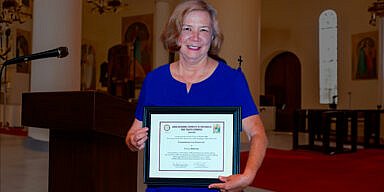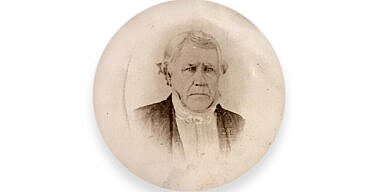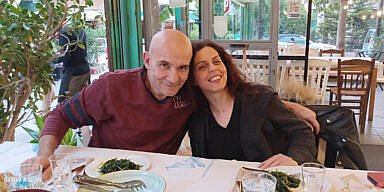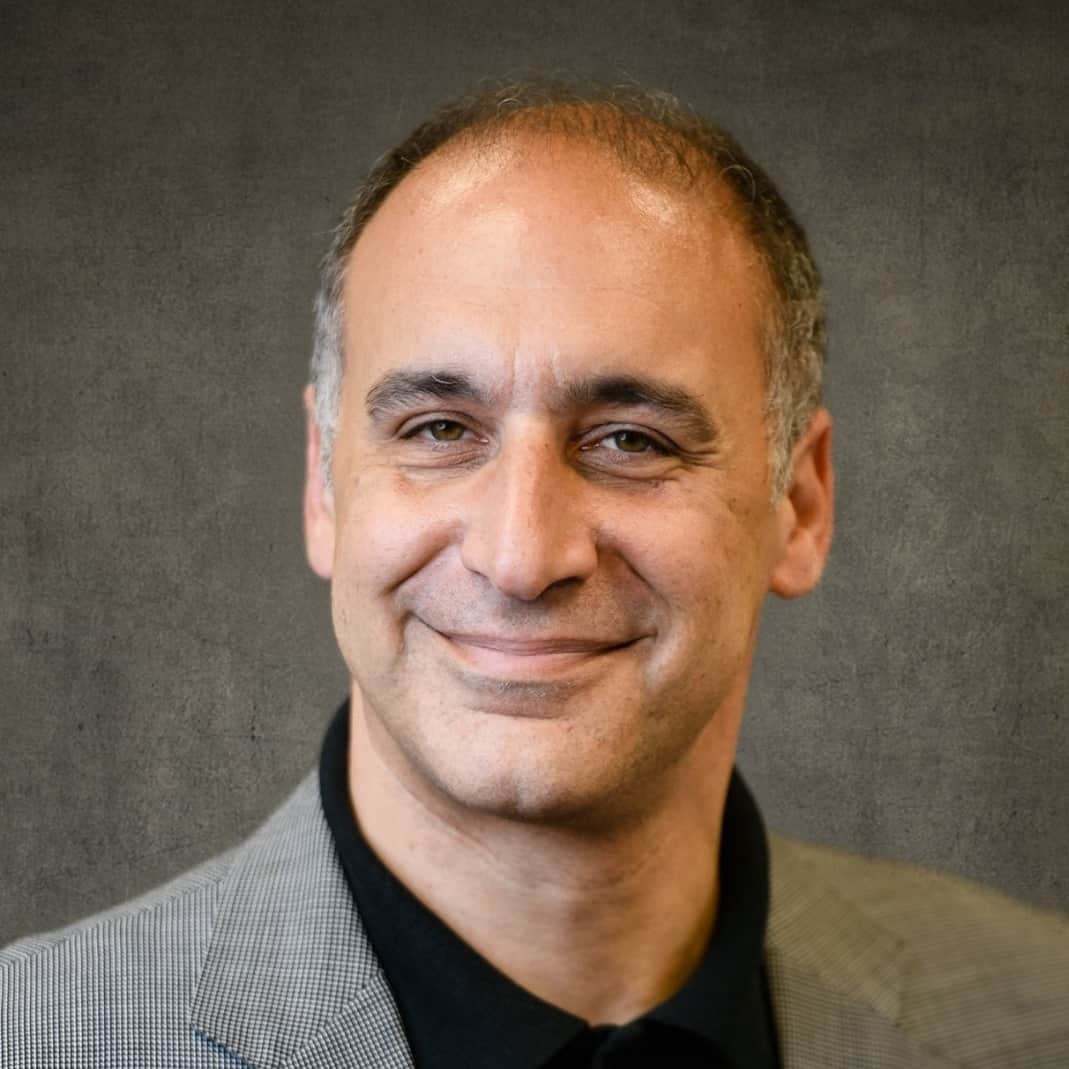Greeks in Greece often remark on the skills and zeal of the Greek Diasporans when it comes to Hellenic folk dancing, talents, and traditions, which often carry on into the third and fourth generations, even through intermarriages and loss of other traditions. The exceptional resilience of Greek traditional dance was not lost on me (though the talent certainly was!). Still, it was only recently that I “backed into” what a treasure trove of encoded and layered stories our dances tell.
What Greeks have understood for centuries, if not millennia, almost instinctively is evident in the deep enthusiasm and dedication I saw at the Hellenic Dance Festival (HDF) 2023 under the auspices of the Greek Orthodox Metropolis of Atlanta on the weekend of January 13 to 15. I am ashamed that this was my first visit, but it could not fail to impress on multiple levels.
First, I was astonished at the sheer number of people, well over 3,000, most staying multiple days at the hotel. These include the young participants from dozens of parishes, including some well outside of the Atlanta Metropolis, which covers the Southeast but also often extended families, priests, scores of volunteers, and of course, the musicians. This represents a huge outlay of time, effort, and expense, a real labor of love. These people literally talk the talk and walk the walk (or do the dance)!
Then, of course, there were the dances, from literally all over Greece and including lost homelands in Asia Minor and the northern Balkans, serving as time capsules of memory expressed in lyrics, costumes, and often intricate steps celebrated in ongoing manner decades or centuries later by their descendants, genetic or spiritual, in a distant continent. I spend much time and effort honoring their memories in print, but the dances are a far more eloquent and living tribute to their memory.
While on the subject of dances, their hidden architecture often reveal far more about our ancestors, information that might be of value to us beyond the living traditions that we honor. In eras past, before gyms and more regularized sports, dances were a form of exercise that often incorporated practical body mechanics, such as farming, threshing, and, most importantly, fighting. Eric Hill, an Orlando technologist, combative, combat sports specialist, and tireless supporter of Greek community issues, takes it further: “While in the Tsamikos we have a preserved, though hidden in subtlety, heel kick to the knee and a sweep to the ankle, in the shared footwork & varied wrist flexion of traditionally performed Μαχαίρι (Pontos), Χορός του Δρεπανιού (Cyprus) and Χορός των Σπαθιών we have an artifact of martial movement perhaps millennia old.”
HDF is also made possible by talented musicians and bands. This weekend, I had the opportunity to get to know one of the bands, Kompania Verdi, from Ioannina, Greece. In timeliness Greek fashion, the quartet is a true “family enterprise,” composed of two brothers and one of the brother’s two sons. Along with Chicago-based musicians, Kompania Verdi brought some of their own composed repertoires, primarily Epirot but spanning the Hellenic musical landscape, as Kostas Verdis, the paterfamilias of the group, reminds us that “melodies can vary from one village to the next.” He also affirmed that the technical and artistic level of the Greek-American dancers and directors was every bit as high as in Greece, “even higher,” and that Hellenic dancing serves “as a bridge to the homeland,” a bridge he emphasized went in two directions.
In an era of so much is “Instagrammed” and transactional, with short attention spans, Hellenic Dance represents a long arc of practice, mental, physical, and spiritual presence, and dedication. It is also perhaps the clearest expression of authenticity in the Greek American community today. Hellenic Dance serves as an excellent reference point upon which to rally the Greek community to greater interest in their heritage, history, and homeland, and just as crucially, provides a great opportunity to tell the broader world about us in our dances. We need more of these events, perhaps in combination with other activities and initiatives. Happily, as a partner festival to the HDF, there is the Folk Dance Festival (FDF) in the Western United States, of a similar size, skill, and expertise to its southeastern counterpart, testimony in song and dance to the vibrancy of the Hellenic community across the continent that is the United States.
Honor is due.




